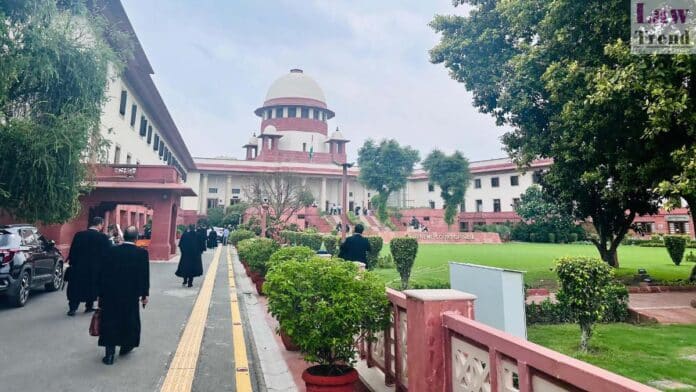In a significant judicial development, the Supreme Court of India has deliberated on the powers of arrest and handcuffing outlined in the Bharatiya Nagarik Suraksha Sanhita (BNSS), highlighting the need for stricter norms for serious offenders. The court, led by Justices Surya Kant and Ujjal Bhuyan, discussed these provisions while hearing a challenge against various sections of the BNSS, which recently replaced the Code of Criminal Procedure.
The contentious debate centered around Section 43(3) of the BNSS, which allows the police extensive powers to handcuff accused individuals during arrests and court appearances, based on the severity of the offense and the criminal history of the accused. Other debated sections include 107 regarding property seizure, 223 concerning complainant examination, and 356 which allows trials in absentia for proclaimed offenders.
Justice Surya Kant emphasized the necessity of differentiated arrest protocols, particularly for severe crimes involving “parasites” of society, referring explicitly to terrorists, acid attackers, and habitual offenders. “For certain offenses, arrest norms have to be different,” Justice Kant remarked, indicating a potential endorsement of stringent measures for high-risk individuals.
While the Court has not yet issued a formal notice on the matter, it has instructed the petitioners, represented by the Mannargudi Bar Association and Advocate MP Parthiban, to compile a detailed report on arrest and handcuffing practices from various global jurisdictions. This directive reflects the Court’s intent to thoroughly review these procedures before reaching a definitive conclusion.
The petition against the BNSS argues that the law endows the police with overly broad and potentially unchecked powers that could infringe upon the fundamental rights of individuals, as guaranteed by the Constitution. Senior Advocate S Nagamuthu, appearing for the petitioners, highlighted these concerns, advocating for a careful balance between effective law enforcement and the safeguarding of civil liberties.




